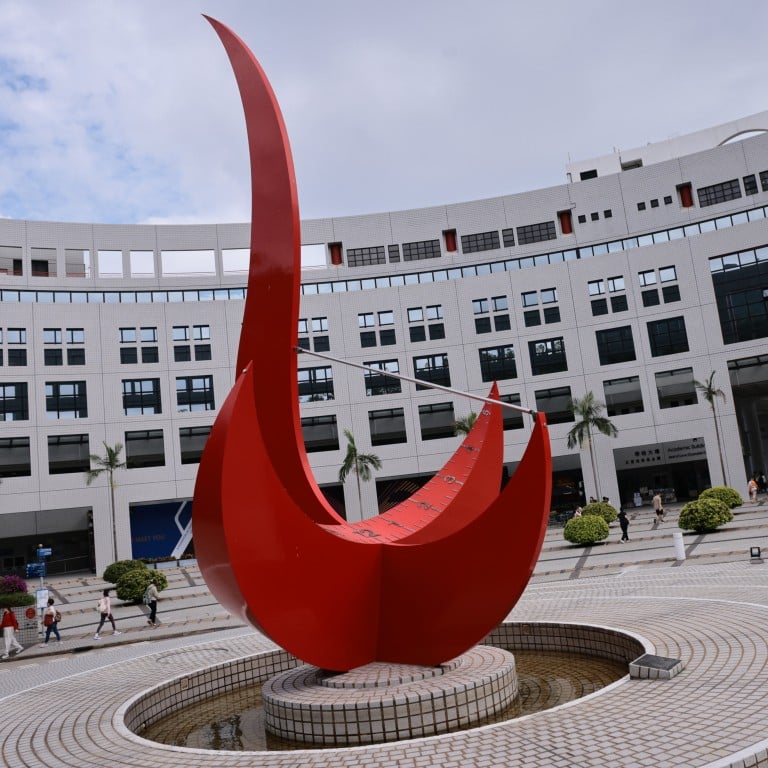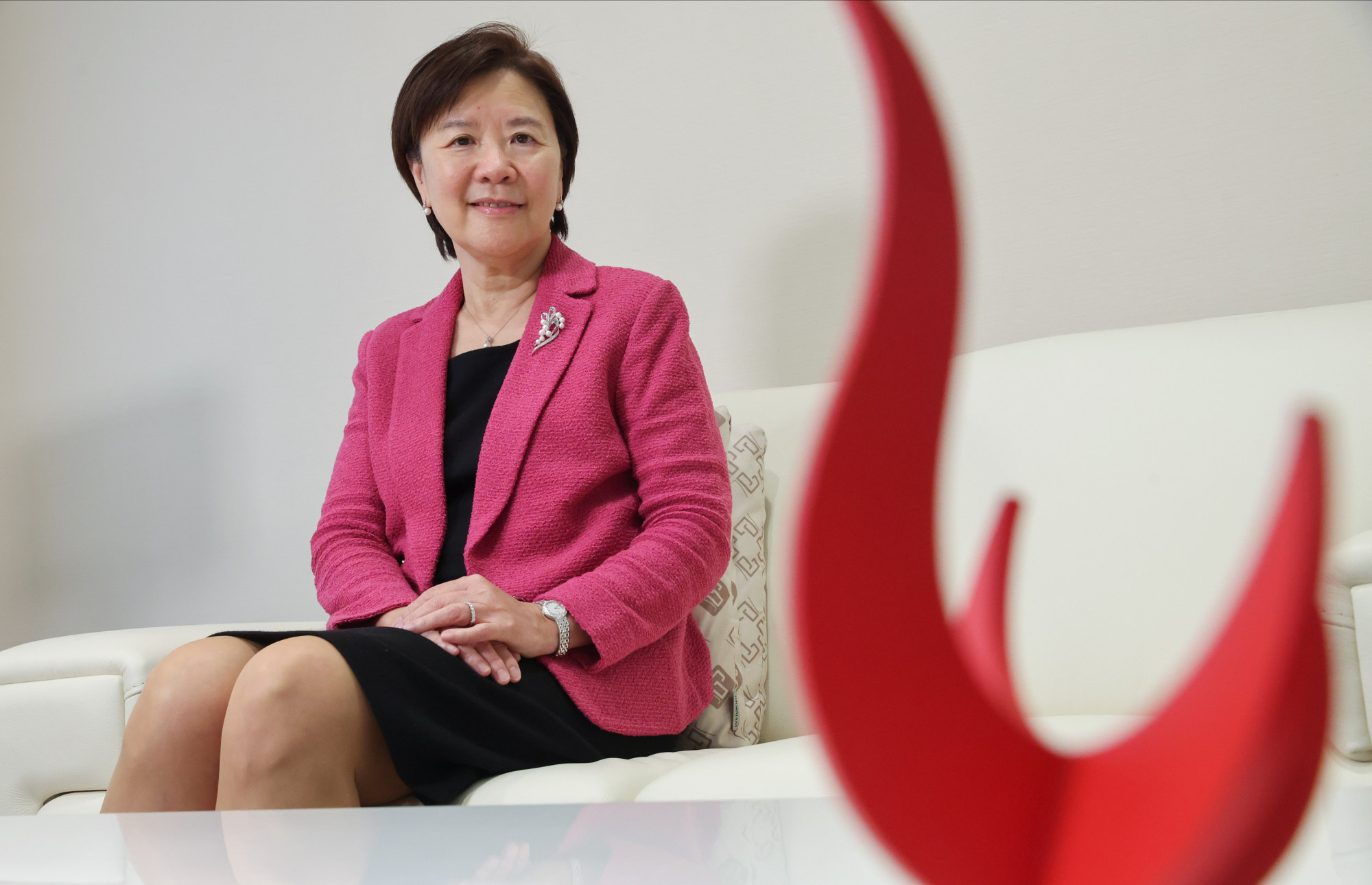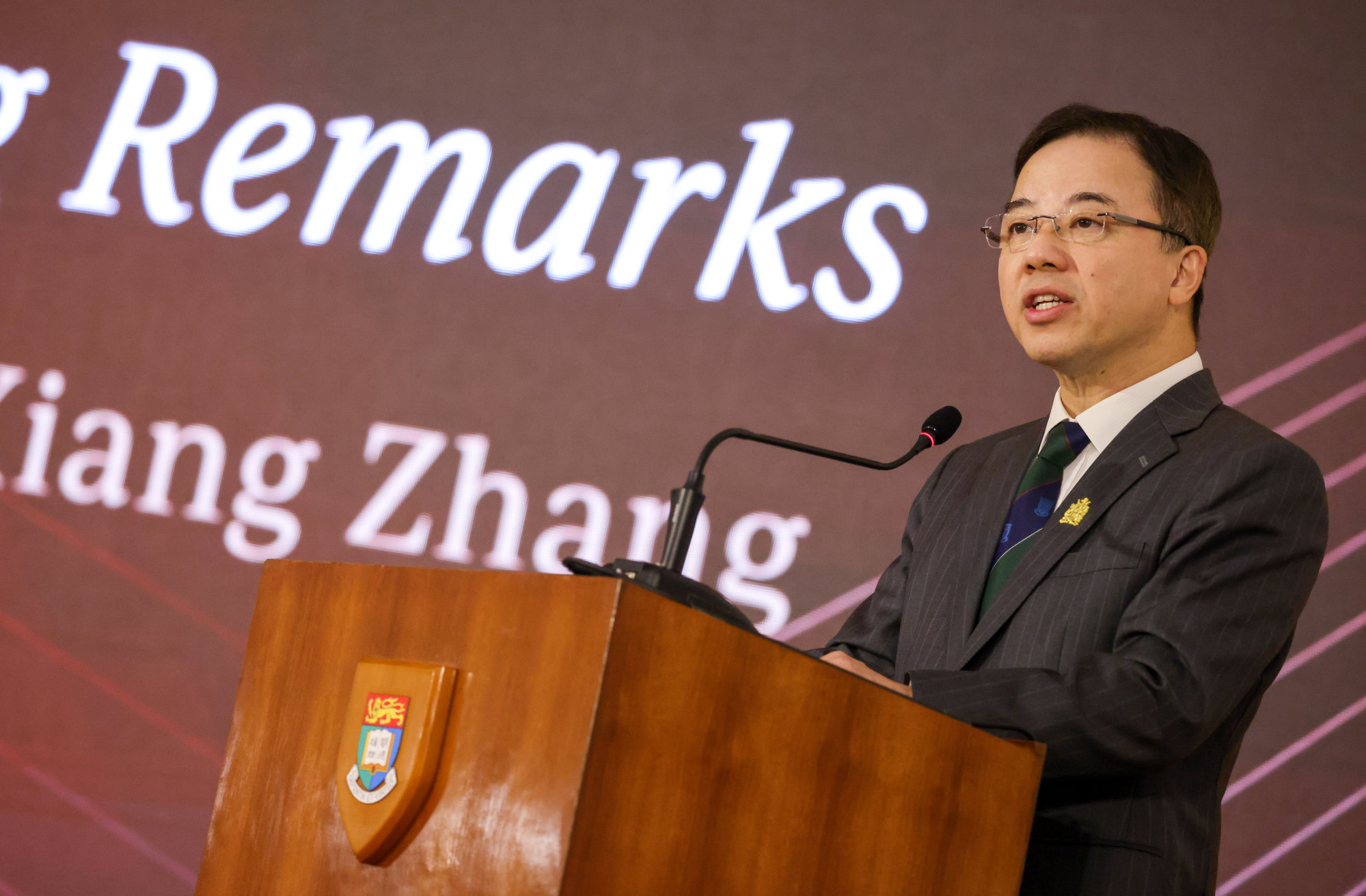
Hong Kong universities urged to invest in research for curiosity’s sake, create culture where people feel able to take risks
- Nancy Ip, president of Hong Kong University of Science and Technology, says people doing passion-driven research have to be supported
- Ip and University of Hong Kong vice-chancellor Xiang Zhang both suggest availability of research funding in Hong Kong remains generally favourable
Nancy Ip Yuk-yu, president of the Hong Kong University of Science and Technology (HKUST), on Tuesday said that scientists doing passion-driven research had to be supported.
“If we just focused on applied or mission-driven research, the source of innovation would dry up,” said Ip, a renowned neuroscientist, referring to studies that addressed specific or practical problems rather than those that looked at broader theoretical questions.

Ip and University of Hong Kong (HKU) vice-chancellor Xiang Zhang were taking part in a public panel discussion organised by the Hang Lung Mathematics Awards, a prestigious biennial competition for secondary school students who produce exceptional research reports on maths-related topics.
The pair, in a lecture titled “What is Good Research?”, discussed not only the need for Hong Kong to support both fundamental and applied research to be a knowledge-based society, but how considerations such as funding and peer reviews shaped the sector’s ability to flourish.
Hong Kong scholar gets mainland Chinese support for Alzheimer’s research effort
While local universities “have less of a short-term, factory feel” in terms of reviewing staff research output and quality, Zhang said, “money is one thing, and culture is another”.
He cited an HKU scheme – jokingly dubbed the “useless fund” – which was set up last year to support researchers with promising ideas that might nonetheless struggle to get backing from traditional funding sources.
“That’s how a lot of breakthroughs happen,” he said, without elaborating on specific projects the scheme had backed.
Referring to how universities were shaped by culture and society, “the quality and creativity in that matters, and that actually has to do with our education system, all the way back to kindergarten”, said Zhang, who took the helm at HKU in 2018.

The pair suggested the availability of research funding in Hong Kong remained generally favourable, although they did not discuss specific ways in which the city might encourage a more intellectually curious culture.
While grants and funding schemes from the Research Grants Council as well as private philanthropic organisations helped to support researchers, universities should both strengthen their research infrastructure and collaborate with industry partners, Ip said.
Hong Kong experts find mechanism that can help develop ALS treatments
“Universities should not be an ivory tower where everything stays in the lab,” she said.
Ip was appointed head of HKUST in 2022, becoming its first female president.
She previously commended the government’s objective of promoting Hong Kong as an international centre for innovation and technology, and is currently overseeing plans to develop a medical school – the city’s third – at the university in the coming years.

